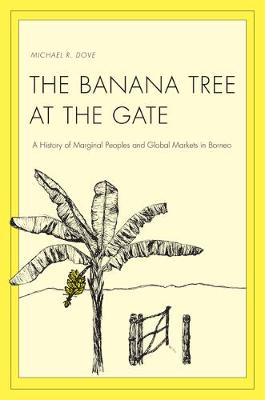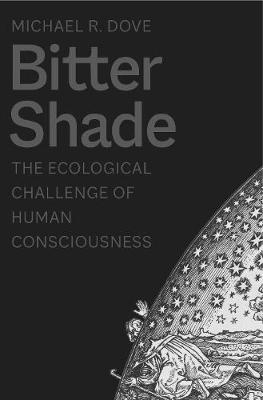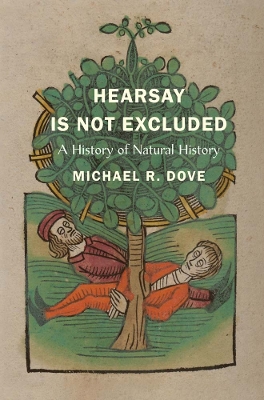Yale Agrarian Studies
4 total works
The "Hikayat Banjar," a native court chronicle from Borneo, characterizes the irresistibility of natural resource wealth to outsiders as "the banana tree at the gate." Michael R. Dove employs this phrase as a root metaphor to frame the history of resource relations between the indigenous peoples of Borneo and the world system. In analyzing production and trade in forest products, pepper, and especially natural rubber, Dove shows that the involvement of Borneo's native peoples in commodity production for global markets is ancient and highly successful and that processes of globalization began millennia ago. Dove's analysis replaces the image of the isolated tropical forest community that needs to be helped into the global system with the reality of communities that have been so successful and competitive that they have had to fight political elites to keep from being forced out.
The Banana Tree at the Gate: A History of Marginal Peoples and Global Markets in Borneo
by Michael R Dove
“Innovative, insightful, incandescent.”—Arun Agrawal, author of Environmentality: Technologies of Government and the Making of Subjects
This book asks age-old questions about the relationship between human consciousness and the environment: How do we think about our own thoughts and actions? How can we transcend the exigencies of daily life? How can we achieve sufficient distance from our own everyday realities to think and act more sustainably?
To address these questions, Michael R. Dove draws on the results of decades of research in South and Southeast Asia on how local cultures have circumvented the “curse of consciousness”—the paradox that we cannot completely comprehend the ecosystem of which we are part. He distills from his ethnographic, ecological, and historical research three principles: perspectivism (seeing oneself from outside oneself), metamorphosis (becoming something that one is not), and mimesis (copying something that one is not), which help a society to transcend the hubris and myopia of everyday existence and achieve greater insight into its ecosystem.
For millennia, the field of natural history promoted a knowledgeable and unifying view of the world. In contrast, the modern rise of narrow scientific disciplines has promoted a dichotomy between nature and culture on the one hand and between scientific and folk knowledge on the other. Drawing on the fields of anthropology, history, and environmental science, Michael R. Dove argues that the loss of this historic holistic vision of the world is partly to blame for contemporary environmental degradation and science skepticism.
Dove bases this thesis on a study of four pioneering natural historians across four centuries: Georg Eberhard Rumphius (seventeenth century), Carl Linnaeus (eighteenth century), Alfred Russel Wallace (nineteenth century), and Harold C. Conklin (twentieth century). Dove studies their field craft and writing; the political, cultural, and environmental circumstances in which they worked; the sources of their insight; and the implications of their work for modern society. Most of all, the book seeks to discover what enabled those natural historians to straddle boundaries that today seem impassable and to distill that wisdom for a modern world greatly in need of a holistic vision of people and environment.



